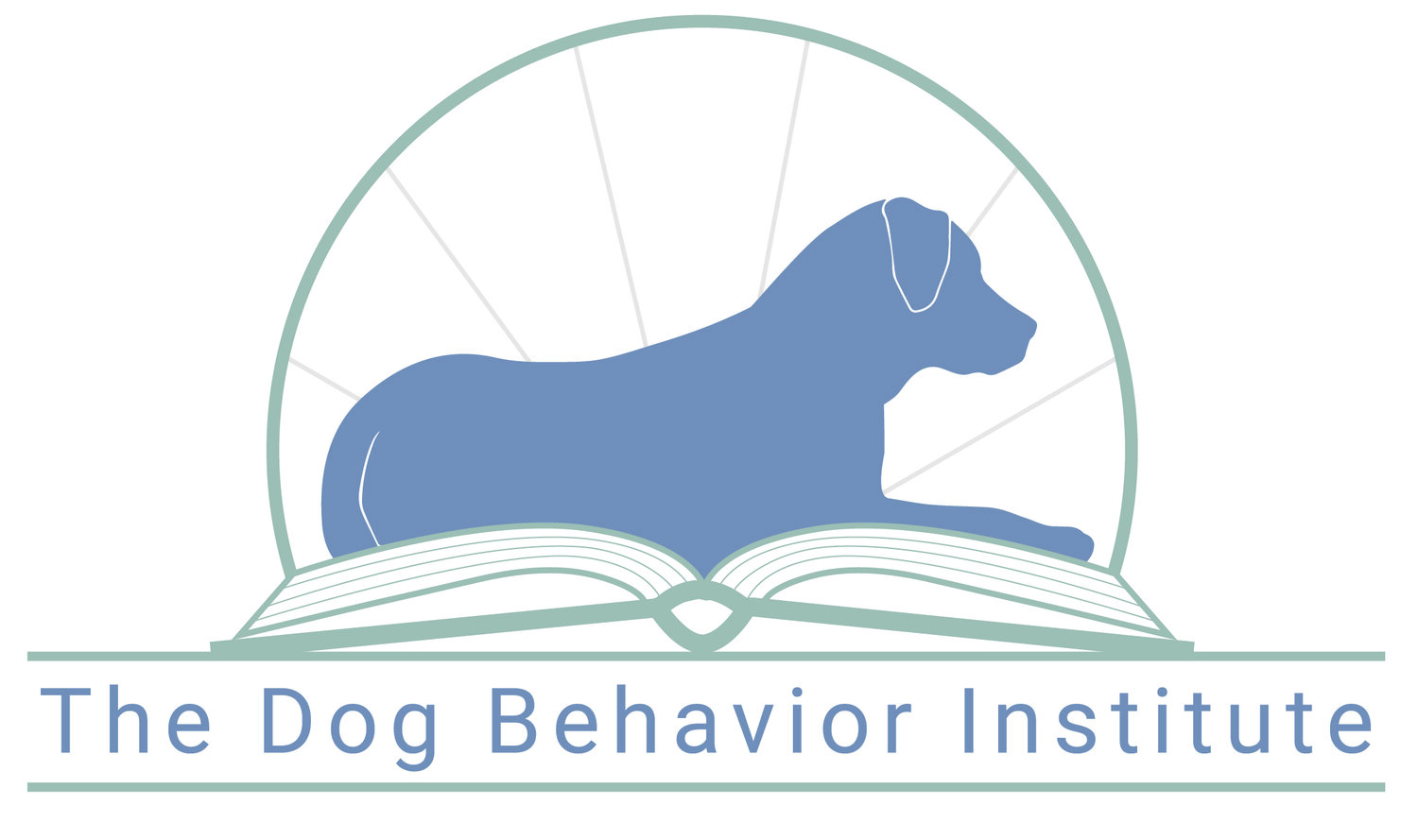ABA & Dog Training
By Stephanie Keesey-Phelan, Ph.D. Behavior Analysis
One of the most unique things about DBI is that we approach all of our training from a behavior analytic perspective.
What is Behavior Analysis?
Behavior Analysis is first and foremost a science. This means that everything we do is evidence-based, or supported by a body of scientific research. There are seven dimensions that characterize this field and that we can hold all of our services up to as a standard of care and excellence. Below are each of the seven dimensions and a description of what it means for your dog:
Applied: We work on what is important for your dog within the context of your life together.
Behavioral: We focus on observable and measurable behaviors.
Analytic: We take data to evaluate the effectiveness of our plans.
Effective: We evaluate our plans to ensure they are working for you.
Conceptually Systematic: Everything we do is based on the Principles of Behavior.
Technological: We are transparent about our processes and recommendations.
Generality: We work toward behavior change in the contexts it matters most!
In upcoming months we’ll dedicate specific blog posts to each of these dimensions and why they are important when it comes to your dog’s training and behavior programs.
What about “punishment” and “extinction,” do you use those?
At DBI, we have a written position statement about the use of aversive training tools and punishment procedures that you can find here. We are committed to a positive reinforcement approach that is consistent with Fear Free practices and would not describe ourselves as “balanced trainers.” Our goal is to minimize if not eliminate the use of punishment and other aversive procedures. Punishment-based procedures will never be a first option when developing a treatment plan. Why? Because there are a slew of negative side effects to their use, they can be very damaging for your dog’s overall wellbeing and to your relationship with your dog.
What else?
There are two other important things to know about us as Behavior Analysts and dog trainers. Board Certified Behavior Analysts adhere to a Code of Ethics that ensures we: work to maximize benefits and do no harm; treat others with compassion, dignity, and respect; behave with integrity; and ensure our own competence.
When it comes to behavior change and our dogs, we humans are in a position of power. We control almost every aspect of our dogs’ lives, including when they eat, when they go outside and come in, who they get to interact with, and more. It is critical that we take responsibility for our role in our relationship with our dogs. At DBI, we take a holistic approach. Whenever we are designing a behavior change program, we are committed to considering the individual dog including their specific learning history, social environment, and motivation. As a part of all of our training plans, we will work with you to ensure your dog’s doggie needs are being met as fully as possible.
We should note that although Behavior Analysis is rooted firmly in science, this does not make our scientific literature base unbiased. You can read more about our position on Behavior Analysis at our website here. We will also be exploring this topic in greater detail in future blog posts.
References
Cooper, J. O., Heron, T. E., & Heward, W. L. (2020). Applied Behavior Analysis (3rd Edition). Hoboken, NJ: Pearson Education.

